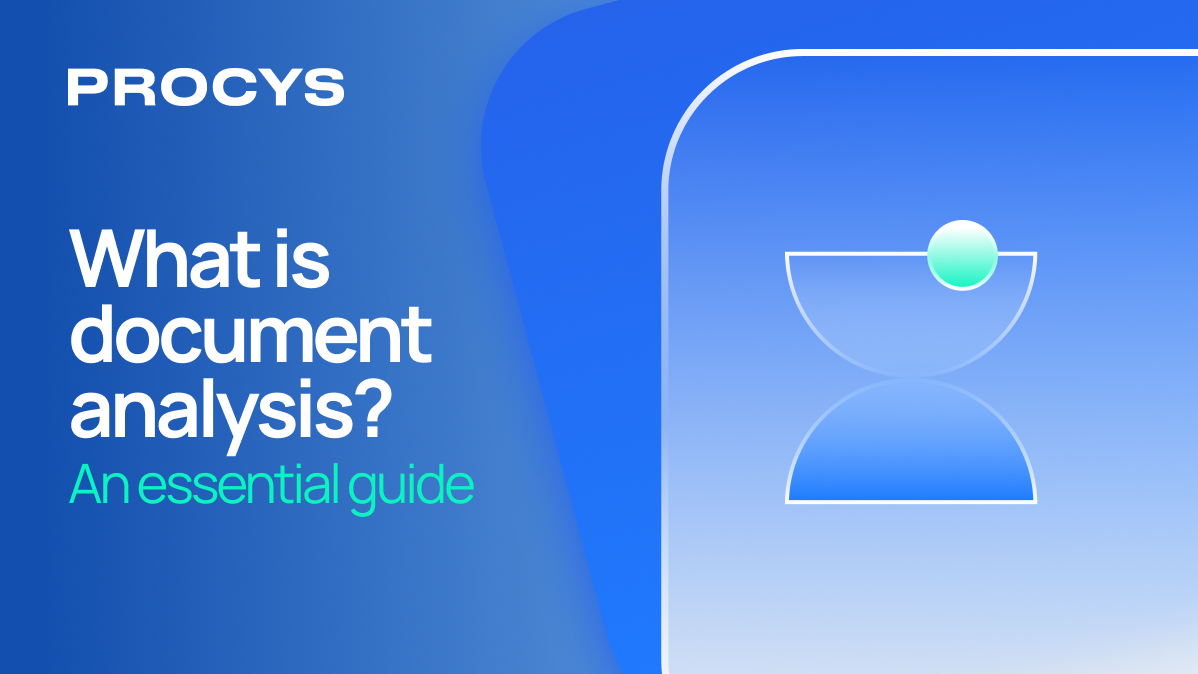Electronic invoicing has emerged as a powerful tool in the world of auditing, providing significant advantages for both auditors and their clients. In this article, we will explore how electronic invoicing can benefit clients during an audit and how this technology has transformed the way financial transactions and records are managed:
1. Accuracy and Consistency
One of the main advantages of electronic invoicing in the field of audits is the accuracy and consistency in generating financial documents. Electronic invoicing systems automate the creation of invoices and other documents, significantly reducing the possibility of human errors. This means that the financial data presented during an audit is more reliable and accurate, making the auditor's job easier and providing greater confidence in financial information.
2. Quick and Efficient Access to Documents
Electronic invoicing also simplifies the task of accessing documents and financial records during an audit. Instead of searching through physical files or stacks of papers, auditors can instantly access electronic documents stored in document management systems. This not only saves time but also facilitates the review and verification of past transactions, which can be essential for the audit.
3. Streamlined Regulatory Compliance
Regulatory compliance is an ongoing concern for companies and their auditors. Tax and accounting regulations change frequently and vary depending on location and industry. Electronic invoicing allows companies to stay up-to-date with these regulations more efficiently. Electronic invoicing systems can be configured to comply with specific tax requirements, ensuring that invoices meet local and national standards.
4. Time and Resource Savings
The automation offered by electronic invoicing reduces the need for manual data entry and repetitive administrative tasks. This frees up auditors' time to focus on critical analysis rather than getting bogged down in manual processes. Additionally, electronic invoicing saves resources by reducing the need for paper, printing, and physical document storage.
5. Data Security
Data security is a significant concern in audits. Electronic invoicing offers advanced data security features such as encryption and controlled access, which protect financial information more effectively than paper documents.
Electronic invoicing has become an essential tool in audits, and its benefits are clearly visible to auditors and, more importantly, to their clients. Accuracy, quick access to documents, streamlined regulatory compliance, time and resource savings, and data security are just some of the advantages that make electronic invoicing a logical and beneficial choice in the world of audits. Companies that adopt this technology are better prepared to face successful audits and provide their clients with confidence in their financial operations.





